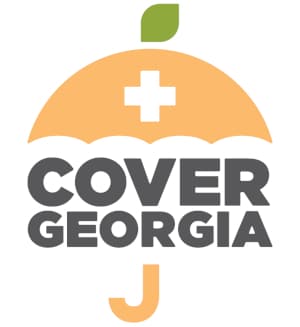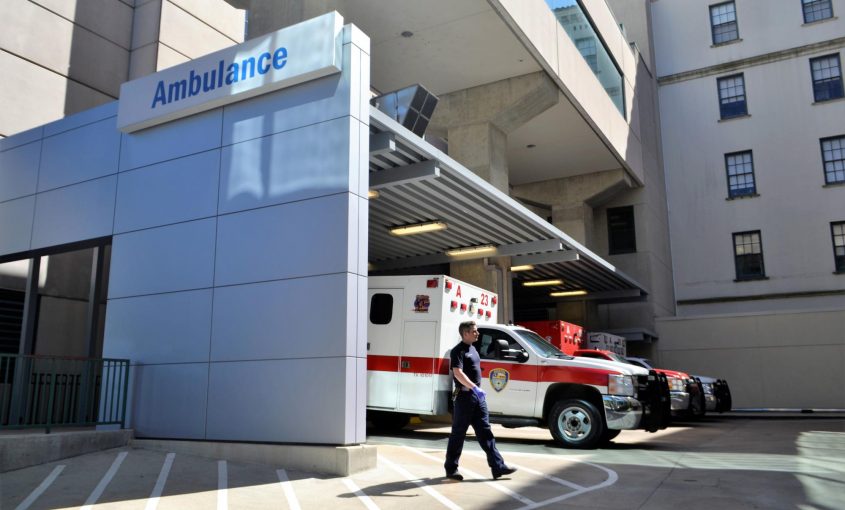This blog originally posted at GBPI.org
Thousands of Georgians are stuck without any affordable options for health insurance because state leaders repeatedly reject billions of dollars meant to pay for coverage. About 240,000 workers, students, veterans and other Georgians make too little to get financial help to buy health insurance and do not currently qualify for Medicaid. The majority of these Georgians are working in low-wage jobs where they are not offered health benefits.
Georgia is one of 18 states yet to expand Medicaid eligibility to cover more low-income residents. The map below shows the number of uninsured Georgians who could get coverage if Georgia lawmakers voted to fully expand Medicaid. The federal government covers up to 90 percent of the cost for states to expand income eligibility. This amounts to about $3 billion each year in federal dollars coming back to the state to pay for health care services.
Georgia is home to the fifth-highest rate of uninsured people in the country. Accepting the federal money can help hospitals struggling to stay open and cover the costs of caring for a high number of uninsured patients. Georgia would save an average of $200 million each year from lower costs of providing care to the uninsured.
To find out how a state decision to expand health coverage can benefit your community, browse the map below. Click a county to see detailed data and download specific county resources.
Number of Georgians that Could Gain Health Coverage by Expanding Medicaid
Download Your Fact Sheet
Georgia (statewide), Appling, Atkinson, Bacon, Baker, Baldwin, Banks, Barrow, Bartow, Ben Hill, Berrien, Bibb, Bleckley, Brantley, Brooks, Bryan, Bulloch, Burke, Butts, Calhoun, Camden, Candler, Carroll, Catoosa, Charlton, Chatham, Chattahoochee, Chattooga, Cherokee, Clarke, Clay, Clayton, Clinch, Cobb, Coffee, Colquitt, Columbia, Cook, Coweta, Crawford, Crisp, Dade, Dawson, Decatur, DeKalb, Dodge, Dooly, Dougherty, Douglas, Early, Echols, Effingham, Elbert, Emanuel, Evans, Fannin, Fayette, Floyd, Forsyth, Franklin, Fulton, Gilmer, Glascock, Glynn, Gordon, Grady, Greene, Gwinnett, Habersham, Hall, Hancock, Haralson, Harris, Hart, Heard, Henry, Houston, Irwin, Jackson, Jasper, Jeff Davis, Jefferson, Jenkins, Johnson, Jones, Lamar, Lanier, Laurens, Lee, Liberty, Lincoln, Long, Lowndes, Lumpkin, Macon, Madison, Marion, McDuffie, McIntosh, Meriwether, Miller, Mitchell, Monroe, Montgomery, Morgan, Murray, Muscogee, Newton, Oconee, Oglethorpe, Paulding, Peach, Pickens, Pierce, Pike, Polk, Pulaski, Putnam, Quitman, Rabun, Randolph, Richmond, Rockdale, Schley, Screven, Seminole, Spalding, Stephens, Stewart, Sumter, Talbot, Taliaferro, Tattnall, Taylor, Telfair, Terrell, Thomas, Tift, Toombs, Towns, Treutlen, Troup, Turner, Twiggs, Union, Upson, Walker, Walton, Ware, Warren, Washington, Wayne, Webster, Wheeler, White, Whitfield, Wilcox, Wilkes, Wilkinson, Worth

